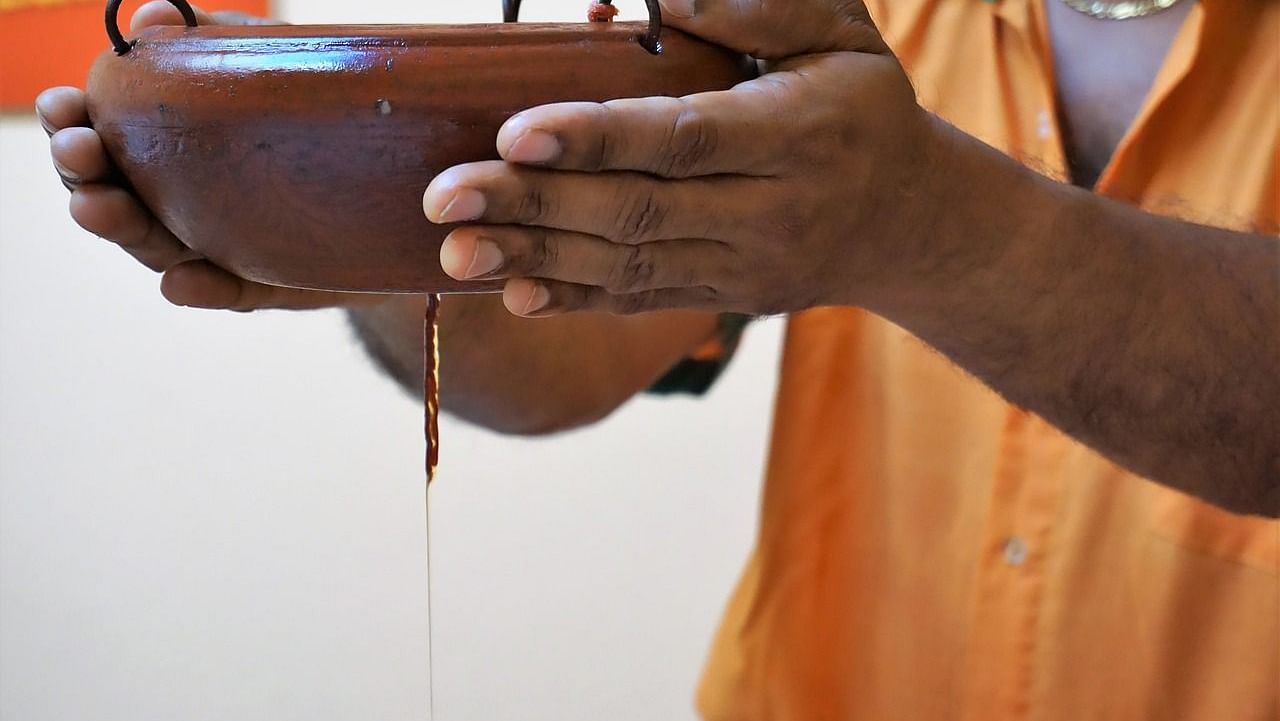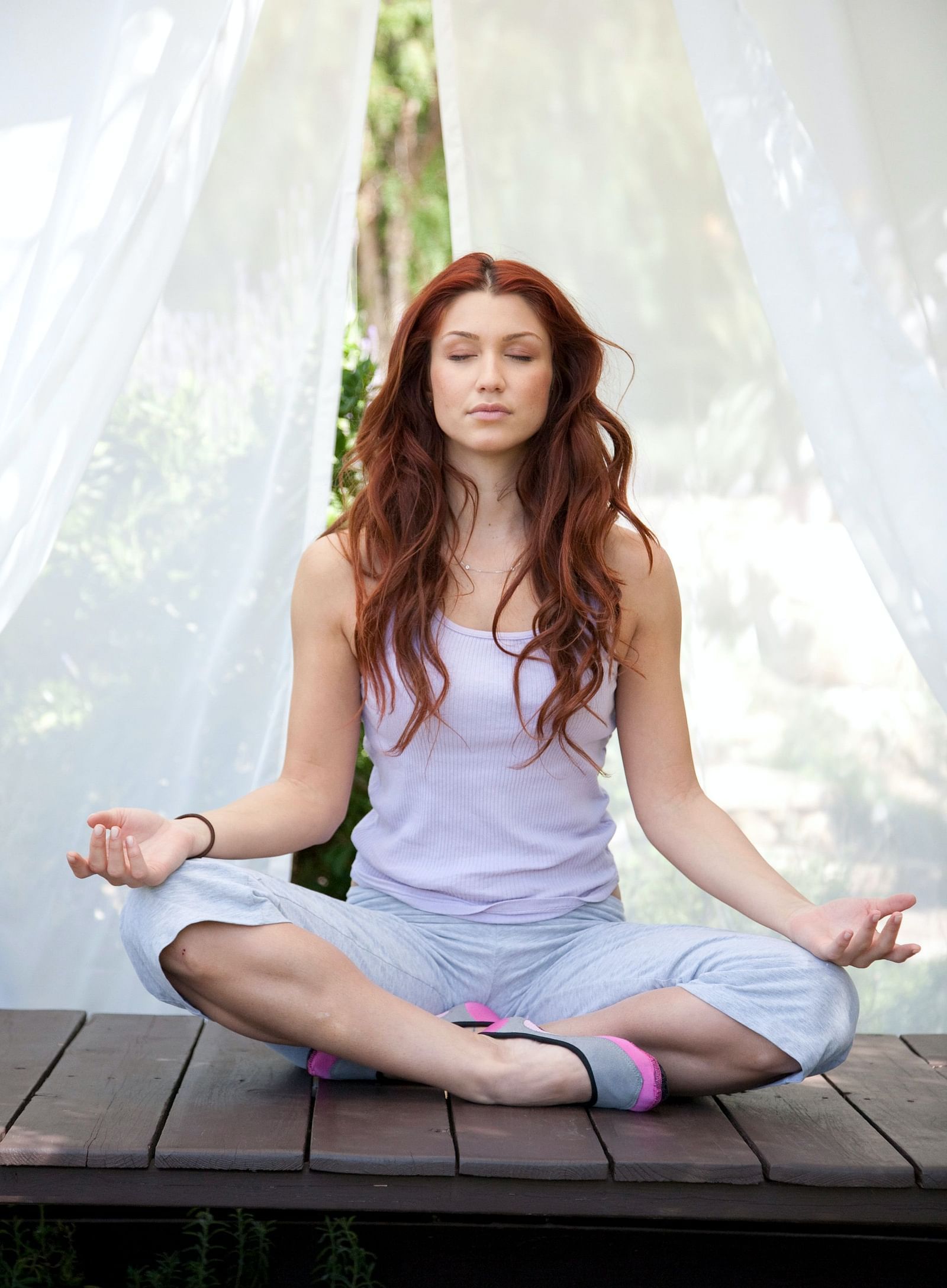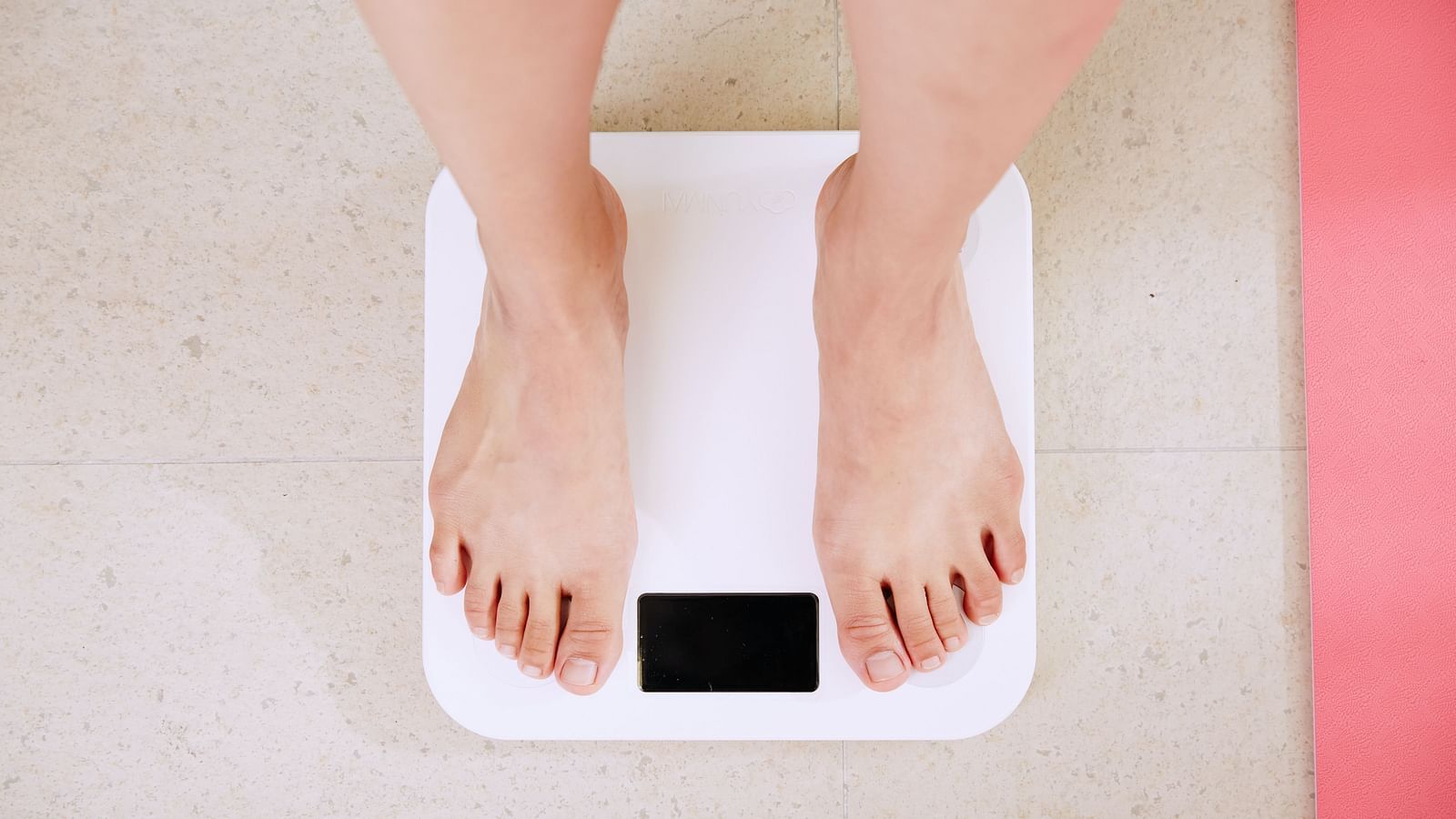
- Guided Meditation Retreat in Karnataka
- Digital Detox Retreats in India
- Jnana Yoga
- Things to Do in Gokarna with Family
- Ayurvedic Resorts in Karnataka
- Mirjan Fort
- Staycation in Gokarna
- Gokarna Yoga Retreat
- Mental Benefits of Yoga
- Best Diet for Yoga
- Beaches in Gokarna
- Gokarna 2-day Itinerary
- Yoga in Summer
- Phytoplankton in Gokarna
- Best Time to Visit Gokarna
- Dhanvantari God of Ayurveda
- Marma Therapy
- Five Elements of Yoga
- Yoga for Better Sleep
- Yoga in Winter
- Ayurveda in Winter
- Yoga Therapy for Obesity
- Stress Management with Yoga
- Yoga & Ayurveda for Diabetes
- 10 Benefits of Yoga
- Shirodhara Treatment
- Origins of Yoga
- Indulge in a Thalassotherapy Spa Treatment
- Monsoon and Ayurveda: Embracing the Season of Healing
- Nourish Your Body with a Balanced Ayurvedic Diet and Strong Agni
- 5 Reasons Why You Should Prioritize Your Wellness
- Beat the Heat with Ayurvedic Summer Drinks
- Things to do near Kumta
- Why Gamyam Retreat Should be Your Next Solo Travel Destination?
- The Healing Power of Ayurveda
- Gamyam: Offering an Adventurous and Unforgettable Experience





Finding Peace Amid Chaos: Stress Management with Yoga
In today's fast-paced world, stress has become an inevitable part of our lives. While it may not be entirely avoidable, we can effectively manage and reduce stress through various practices. Yoga, an ancient discipline that harmonises the mind, body, and spirit, is a powerful tool for stress management. In this blog, let us explore stress management through yoga, the science behind it, and some key practices to incorporate into your daily routine.
Understanding Stress
Stress in moderate amounts can be a motivating force, but chronic stress can have detrimental effects on our physical and mental well-being. It's linked to various health problems, including heart disease, depression, anxiety, and much more. Managing stress is essential for leading a balanced and healthy life.
Role of Yoga in Stress Management
- Physical Relaxation: Yoga postures promote physical relaxation by releasing tension in muscles. Asanas like Savasana (Corpse Pose), Balasana (Child's Pose), and Shavasana (Extended Triangle Pose) help calm the body and mind.
- Deep Breathing: Pranayama techniques encourage deep and controlled breathing, activating the parasympathetic nervous system. This exercise promotes a relaxation response that counters the stress-induced fight-or-flight reaction.
- Mental Focus: Yoga teaches mindfulness and present-moment awareness. This exercise helps individuals detach from anxious or stressful thoughts, creating mental clarity and emotional stability.
- Stress Hormone Regulation: Yoga has been shown to reduce cortisol, the stress hormone, in the body. Regular practice helps maintain healthy cortisol levels, reducing the impact of chronic stress.
- Improved Sleep: Stress often disrupts sleep patterns. Yoga's relaxation techniques can promote better sleep, enhancing the body's natural ability to cope with stress.
Key Yoga Practices for Stress Management
- Child's Pose (Balasana): This calming posture provides gentle stretching to the lower back and hips while allowing the mind to relax.
- Bridge Pose (Setu Bandhasana): Bridge Pose helps relieve stress by stretching the chest, neck, and spine. It also stimulates the abdominal organs, reducing anxiety.
- Cat-Cow Pose (Marjaryasana-Bitilasana): These dynamic poses help release tension in the spine, promoting mental and emotional balance.
- Triangle Pose (Trikonasana): Trikonasana stretches the sides of the body and promotes deeper breathing, releasing pent-up stress and anxiety.
- Meditation and Mindfulness: Meditation, such as Vipassana or Transcendental Meditation, and mindfulness practices help calm the mind and reduce anxiety.
- Breathing Exercises: Pranayama techniques like Anulom Vilom (Alternate Nostril Breathing) and Bhramari (Bee Breath) can be especially effective in reducing stress and anxiety.
Yoga and Stress Management: Scientific Evidence
Numerous studies have shown the effectiveness of yoga in managing stress. Research published in the "Journal of Clinical Psychology" found that mindfulness-based yoga practices significantly reduced stress and anxiety symptoms. Another study in the "International Journal of Yoga" revealed that practising yoga could lower cortisol levels and improve overall well-being.
Stress is an omnipresent part of modern life, but we have the power to manage and mitigate its effects. Yoga, with its emphasis on physical postures, deep breathing, and mental focus, provides a holistic approach to stress relief. By incorporating these practices into your daily routine, you can attain greater balance, inner peace, and the tools to navigate life's challenges with calm and resilience. Whether you're a seasoned yogi or new to the practice, yoga offers a path to a stress-free, healthier, and more centred you.
Gamyam Retreat is located in Kumta and has accommodations that are perfect for every type of traveller. The activities and swimming pool at the resort will ensure a memorable vacation. It provides one-to-one yoga consultations with experienced in-house Vaidyas to help you dim out the impact of stress in everyday life.
Stress is an omnipresent part of modern life, but we have the power to manage and mitigate its effects. Yoga, with its emphasis on physical postures, deep breathing, and mental focus, provides a holistic approach to stress relief. By incorporating these practices into your daily routine, you can attain greater balance, inner peace, and the tools to navigate life's challenges with calm and resilience. Whether you're a seasoned yogi or new to the practice, yoga offers a path to a stress-free, healthier, and more centred you.
Gamyam Retreat is located in Kumta and has accommodations that are perfect for every type of traveller. The activities and swimming pool at the resort will ensure a memorable vacation. It provides one-to-one yoga consultations with experienced in-house Vaidyas to help you dim out the impact of stress in everyday life.


